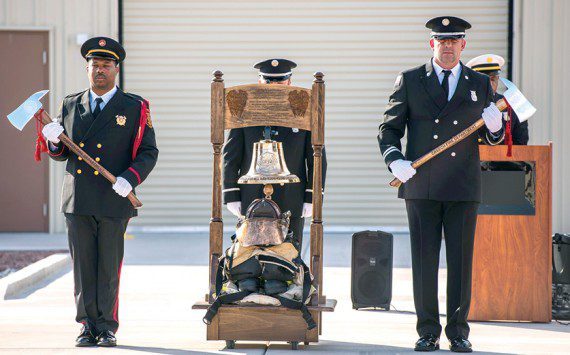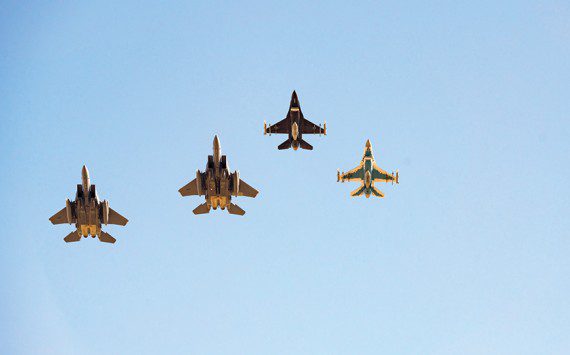Have you ever daydreamed about the possibilities of what you could have accomplished or reflected on your past asking yourself, “What could I have achieved if I would have received that opportunity or that promotion push?”
Did you watch others skyrocket to the next level and wonder when you were going to get your chance? I know most of us are humble enough not to make a scene, but honestly, I can say I have thought about this during my Air Force career.
Let’s take a different perspective with those same questions in mind. As a leader, did you have a “go-to” Airman, when your reputation was on the line, when there were others perhaps even more capable?
I know at times I certainly have and I kick myself now for it. The reason is, I failed to share the wealth or missed out on growing another leader. Let me get to the point, sometimes as leaders, we turn a blind eye to potential and go directly to a well-known commodity or skill.
We have the power to create what is called an outlier, someone who seizes the moment to go on to do great things that can be viewed as unique; however, what if we poured time into more than just one or two people?
The book “Outliers” by Malcolm Gladwell shared a concept and challenged the mindset of people’s brilliance versus special opportunity given and seized.
One example in the book was Bill Gates being introduced as a young computer programmer from Seattle, whose brilliance and ambition outshined the brilliance and ambition of the thousands of other young programmers. Later we discover that Gates’s high school happened to have a computer club when very few high schools did.
He then lucked out in the opportunity to use the computers at the University of Washington. By the time he turned 20, he had spent well more than 10,000 hours as a programmer.
Gladwell asked Gates how many other teenagers in the world had as much experience as he had by the early 1970s.
“If there were 50 in the world, I’d be stunned,” says Gates. “I had a better exposure to software development at a young age than I think anyone did in that period of time. All because of an incredibly lucky series of events.”
Gates’ talent and drive were surely unusual, however, Gladwell suggests that his opportunities may have been even more unusual.
I joined the Air Force as an aerospace ground equipment mechanic and I wasn’t good at it. I was quickly recommended for cross training, and did so into the financial management career field.
I lacked confidence in my abilities; however, Senior Master Sgt. Tanya Black gave me tough love and took a chance on me, initially to become the unit training manager. This lit the fire to where I sought out and received other opportunities within the organization to do great things.
Unbeknownst to me, I would be selected by my squadron commander to deploy right after 9/11. It was here I ran into the future Air Force career field manager for financial management, Chief Master Sgt. Jesse Stirling.
At the time of our initial meeting, he was a master sergeant and I was a staff sergeant. I like to say over the course of the next decade, I rode his coat tails to chief master sergeant because I was afforded many opportunities to shine that impacted the entire career field.
However, after reading “Outliers” I wondered if I was another example of this concept, as I am sure if others like me would be just as successful if given the same chances to shine bright.
“We look at the young Bill Gates and marvel that our world allowed that 13-year-old to become a fabulously successful entrepreneur,” Gladwell writes. “But that’s the wrong lesson. Our world only allowed one 13-year-old unlimited access to a time-sharing terminal in 1968. If a million teenagers had been given the same opportunity, how many more Microsofts would we have today?”
Now, I challenge the next generation of Air Force leaders not to fall into this trap but to fairly share these special projects, as there are many others in our greatly diverse Air Force who can do just as well as that “go-to” Airman, if only afforded the chance.











